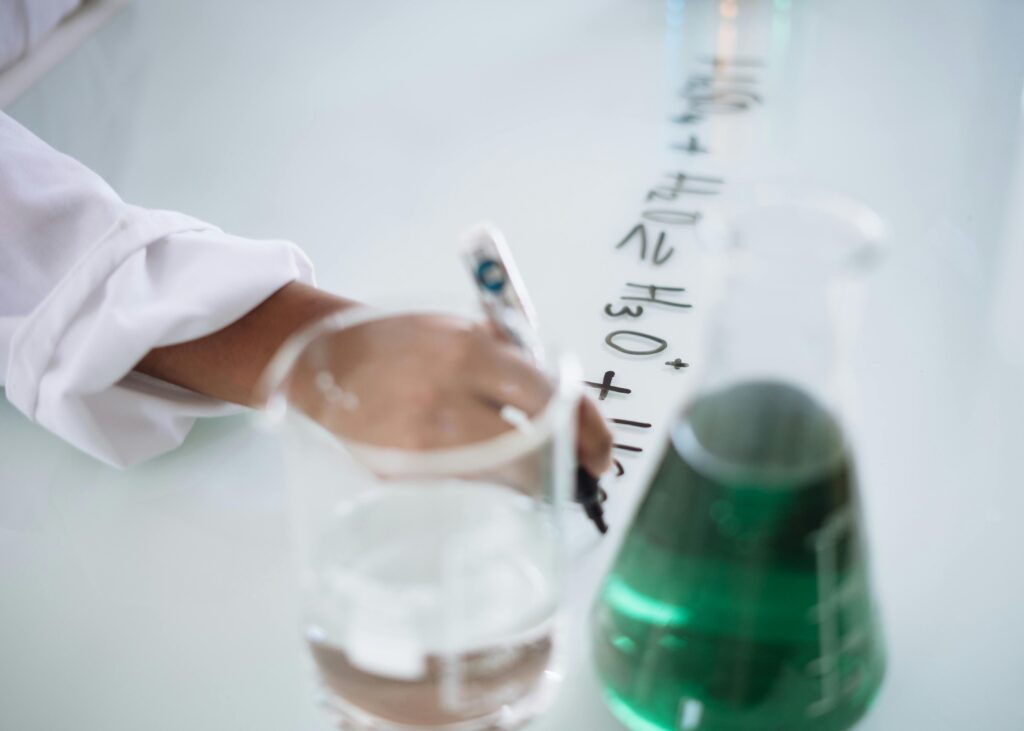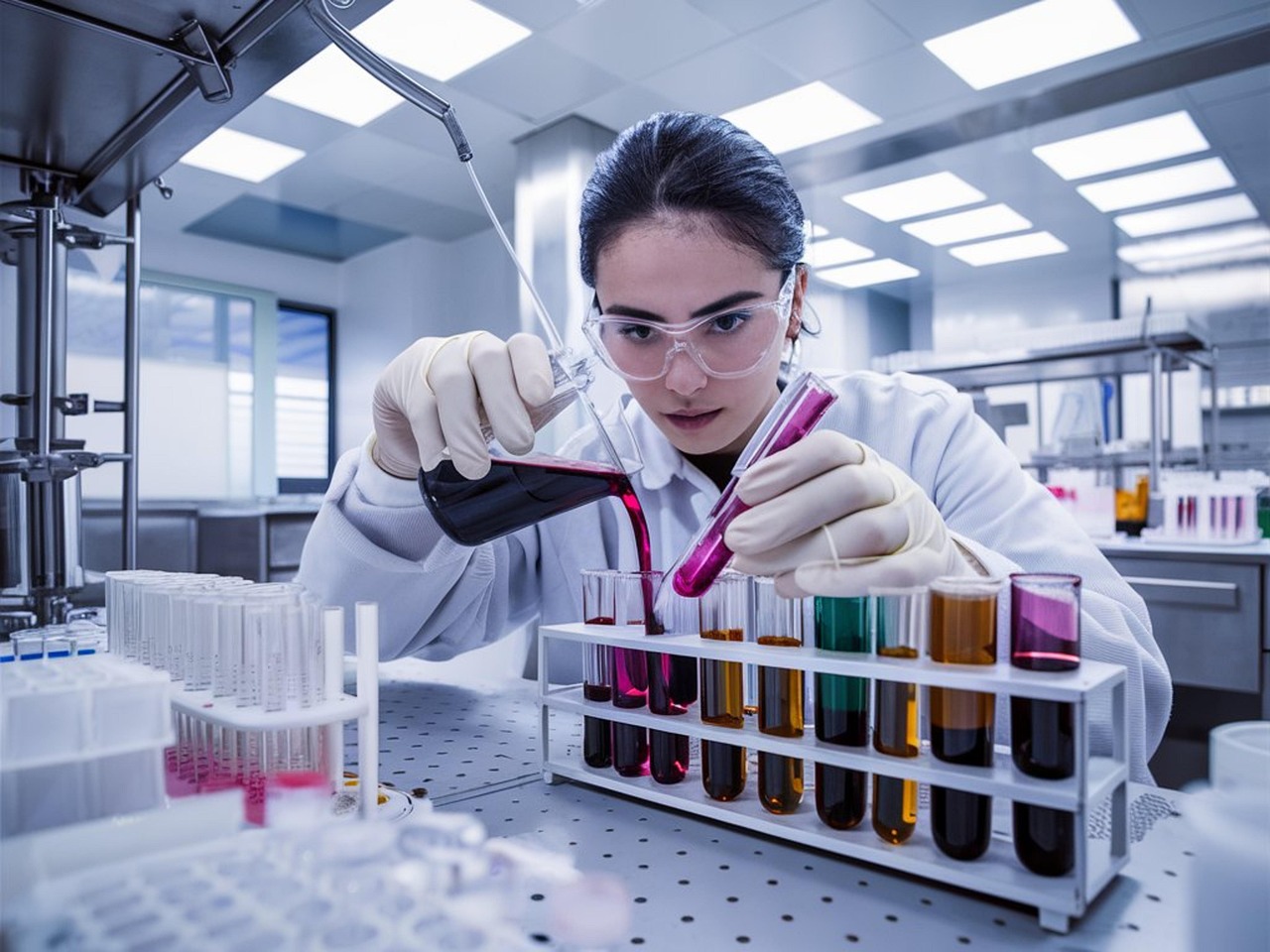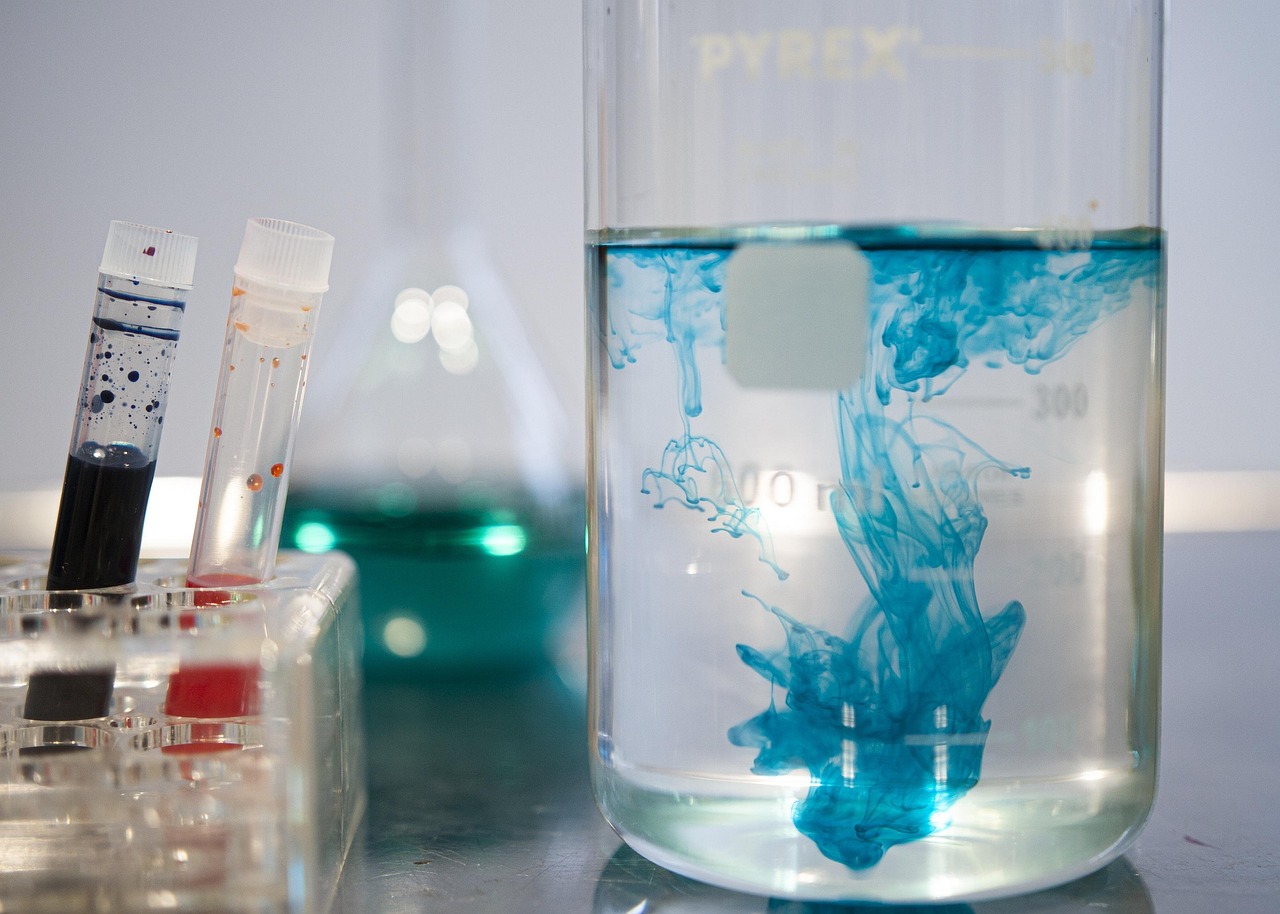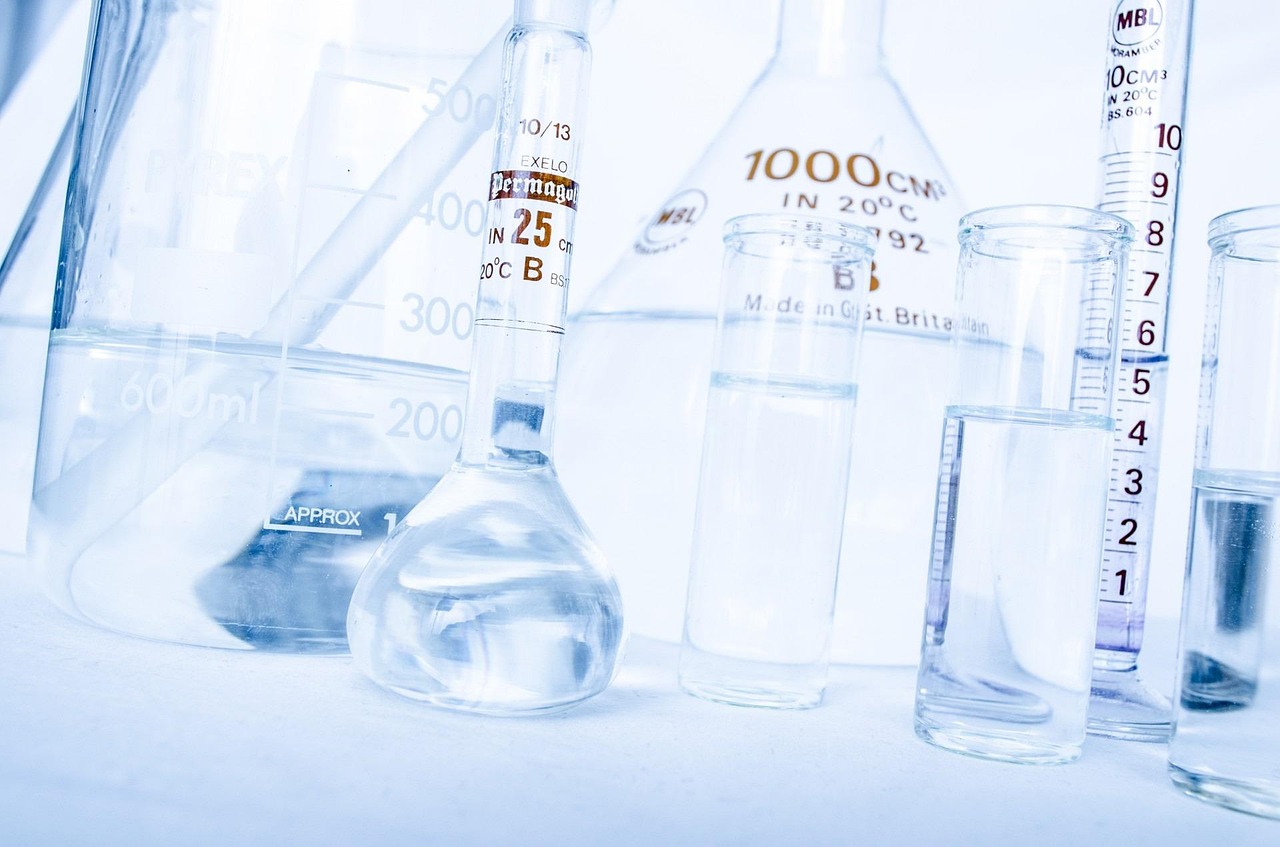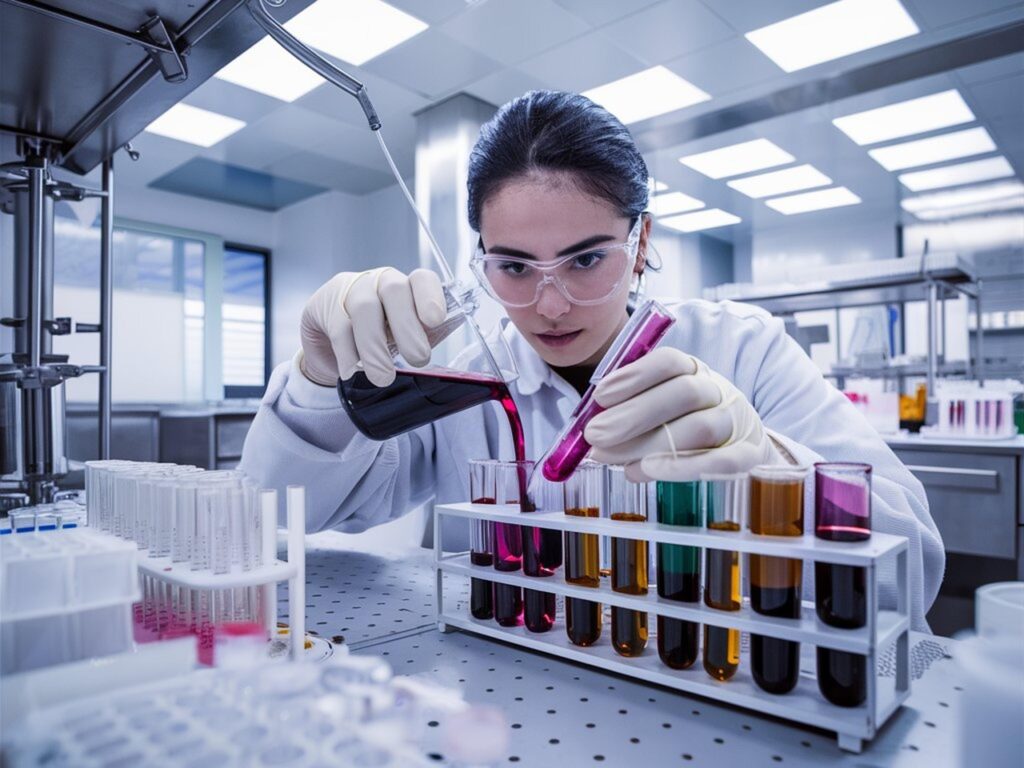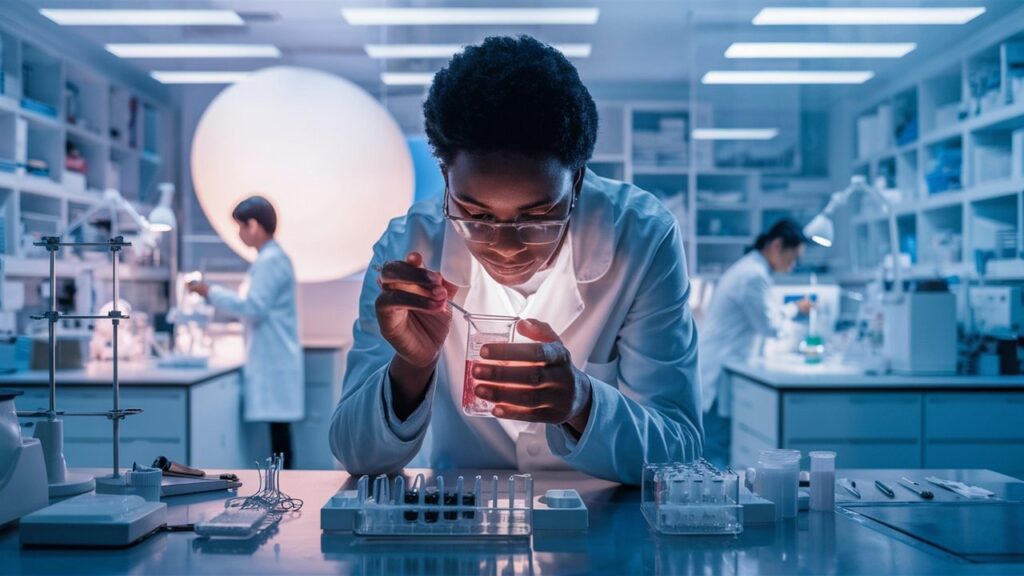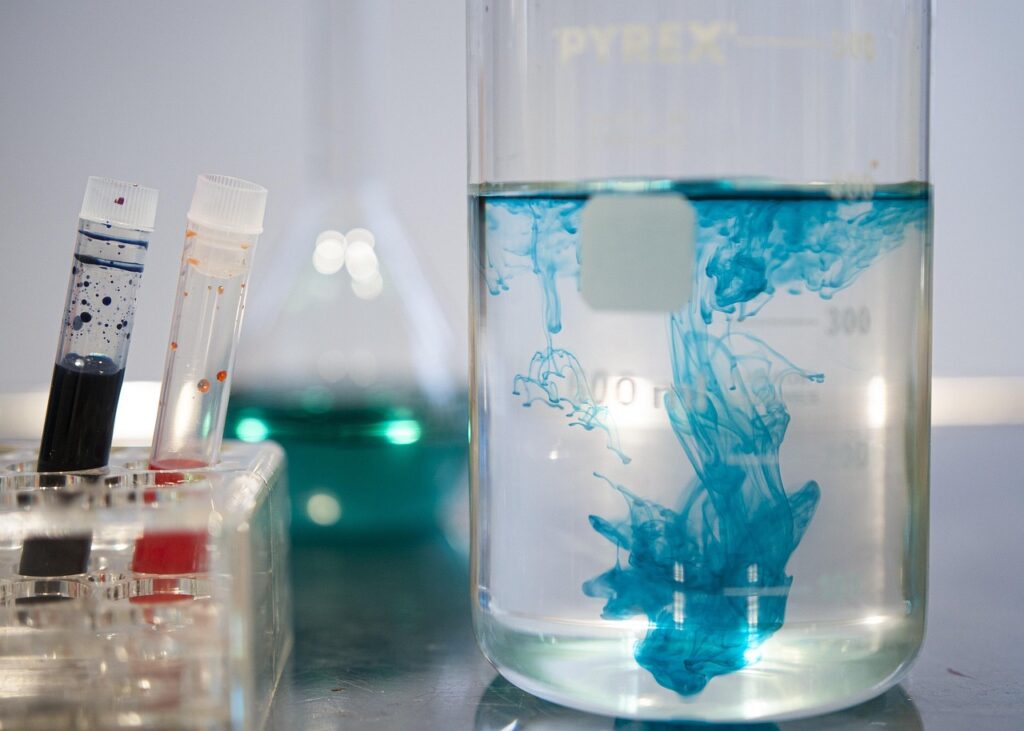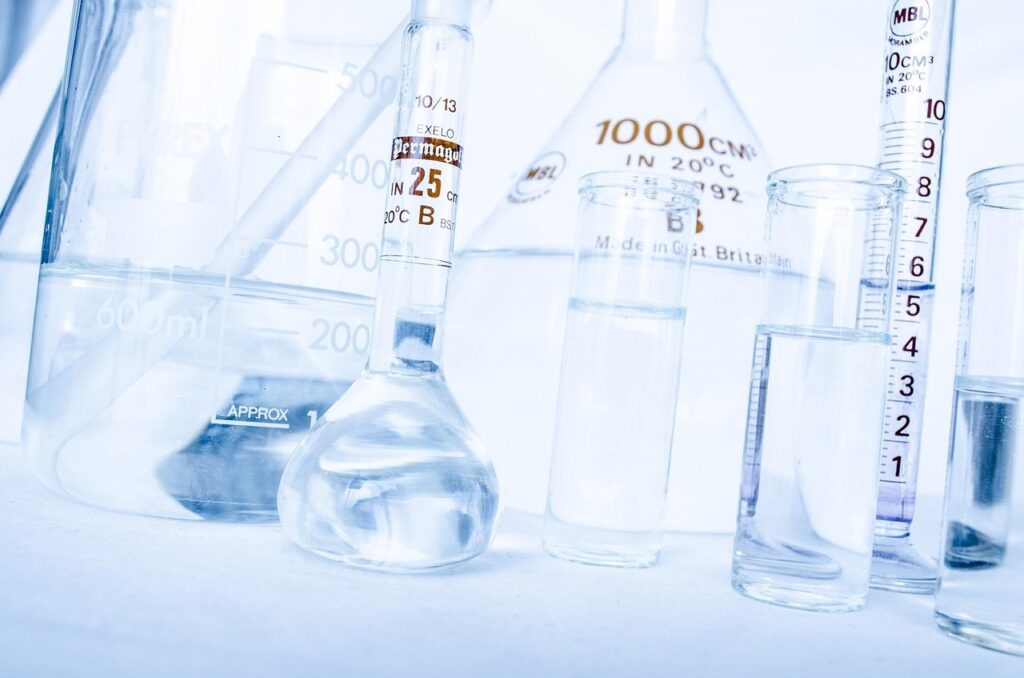Ensuring the safety and quality of food products is crucial in the intricate and linked food ecosystem of today. Food microbiological testing stands out as a vital defense against microbial contamination and foodborne illnesses among the toolkits available to accomplish this goal. This thorough investigation explores the complex relevance of food microbiological testing and highlights how important it is to maintain the quality of food products and protect public health. We hope to highlight this process’s significant influence on consumer safety, regulatory compliance, and industry best practices by dissecting its intricate workings.
Understanding the Essence of Food Microbiological Testing
Fundamentally, food microbiological testing entails the careful examination of food samples to identify and measure the existence of pathogenic microorganisms, such as bacteria, viruses, fungi, and parasites. If left unchecked, these minuscule agents could contaminate food products at different points along the supply chain, from farm to fork, posing major health concerns to consumers. Food testing laboratories can discover and characterize a wide range of microbiological contaminants by combining conventional culture-based methods with cutting-edge molecular approaches. This allows for prompt intervention and the development of risk mitigation strategies.
The Imperative of Safeguarding Consumer Safety
Food microbiological testing’s ability to shield consumers from the dangers of foodborne illnesses may be its most convincing justification. Listeria monocytogenes, Salmonella, Escherichia coli (E. coli), and Campylobacter are only a few of the pathogenic microorganisms that can cause extremely serious gastrointestinal distress or even potentially fatal consequences. Food testing laboratories can quickly identify and eliminate these dangerous organisms by closely examining food samples under a microscope. This helps to stop outbreaks and lower the frequency of foodborne illnesses.
Furthermore, managing the risk of microbial contamination has grown more difficult due to the globalization of the food supply chain and the rise in processed and convenience meals. Every food item, including dairy goods, packaged meats, fresh produce, and ready-to-eat meals
Preserving Product Quality and Integrity
Microbiological testing is essential for maintaining food items’ quality and integrity in addition to being vital for guaranteeing food safety. Food products may develop spoilage microorganisms, such as molds, yeasts, and bacteria, which can cause unfavorable alterations in flavor, texture, appearance, and scent. These changes cause food makers and merchants to suffer financial losses in addition to lowering consumer approval.
Food testing laboratories can evaluate the microbial load and integrity of perishable foods by routinely testing them for microbes. This allows organizations to put in place the proper handling, storage, and preservation procedures. Proactive actions such as improving processing procedures, altering packing materials, or enhancing temperature management assist prolong the shelf life of food goods while preserving their freshness and nutritional content.
Furthermore, microbiological testing takes on greater importance as a tool for quality assurance in an era characterized by rising customer demand for minimally processed, clean-label foods. Food testing laboratories contribute to the development of consumer trust and confidence in food brands by ensuring that they comply with strict quality standards and do not contain dangerous contaminants. This, in turn, encourages consumer loyalty and repeat purchases.
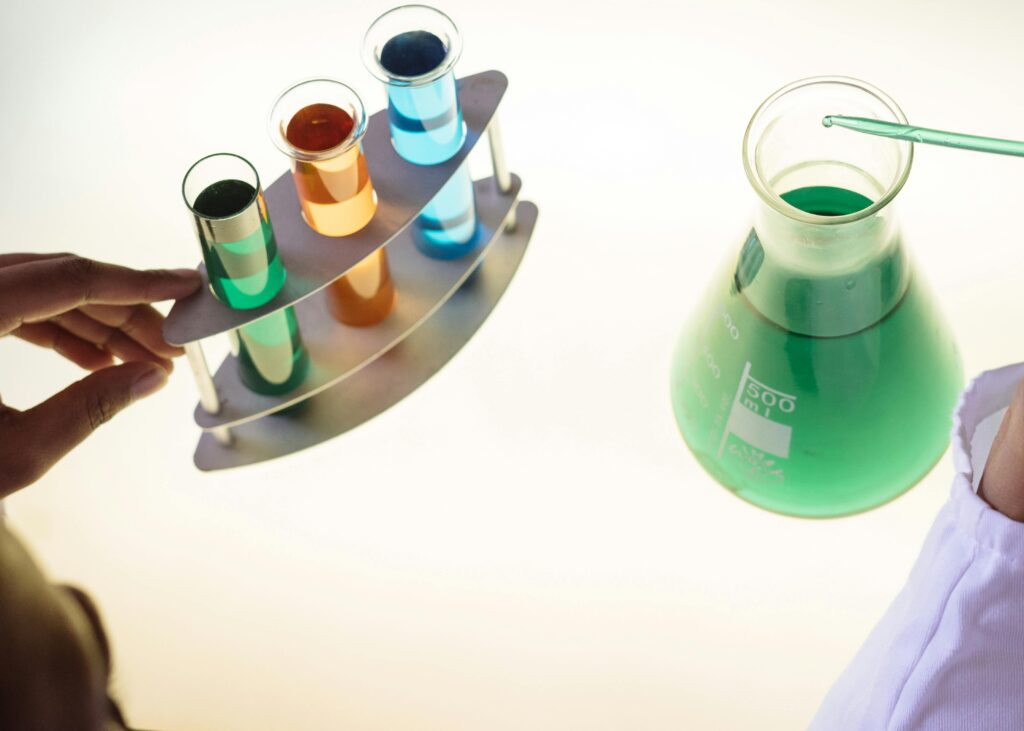
Compliance with Regulatory Standards
Apart from its inherent significance in protecting public health and maintaining product quality, food microbiological testing also fulfills a legal need enforced by regulatory bodies across the globe. Strict food safety laws and guidelines, set by governmental organizations like the Food and Drug Administration (FDA), the European Food Safety Authority (EFSA), and the World Health Organization (WHO), apply to food producers, processors, distributors, and retailers.
Microbiological standards, pathogen detection limits, hygiene procedures, and sanitation standards are only a few of the many requirements covered by these rules. There may be serious repercussions from breaking these rules, such as product recalls, penalties, legal ramifications, and harm to one’s reputation. Food enterprises can protect public health and minimize legal and financial risks by demonstrating due care and ensuring compliance with applicable requirements through the meticulous performance of microbiological testing and adherence to established processes.
Technological Innovations Driving Progress
Technological developments in recent years have brought in a new era of efficiency, precision, and innovation in food microbiological testing. Though dependable, conventional culture-based techniques frequently need long incubation times and specialized manpower, which restricts their throughput and scalability. On the other hand, molecular methods including immunoassays, next-generation sequencing (NGS), and polymerase chain reaction (PCR) provide quick, sensitive, and targeted identification of microbial pollutants, which speeds up the testing procedure and improves diagnostic precision.
Food testing facilities may now more accurately and sensitively identify a wider variety of diseases and pollutants thanks to this state-of-the-art technology. Additionally, they make it easier to recognize new risks and patterns of antibiotic resistance, giving stakeholders the ability to take preventative action to safeguard the public’s health.
Conclusion: A Commitment to Excellence
Ultimately, food microbiological testing proves to be a crucial component in the ongoing quest for superior food safety and quality control. Food testing laboratories are essential to maintaining product integrity, protecting public health, and guaranteeing regulatory compliance in the global food business because they thoroughly examine food samples for microbiological contamination. Microbiological testing is essential to best practices in food safety and quality assurance, whether it’s averting foodborne illness outbreaks, prolonging the shelf life of perishable foods, or meeting strict regulatory requirements.
The need to prioritize microbiological testing does not change when the food sector adapts to new technologies, shifting customer tastes, and regulatory constraints. Through the implementation of cutting-edge testing procedures, the promotion of a continuous improvement culture, and an unwavering dedication to excellence, all parties involved in the food supply chain may work together to guarantee the safety, integrity, and quality of food products for future generations.

